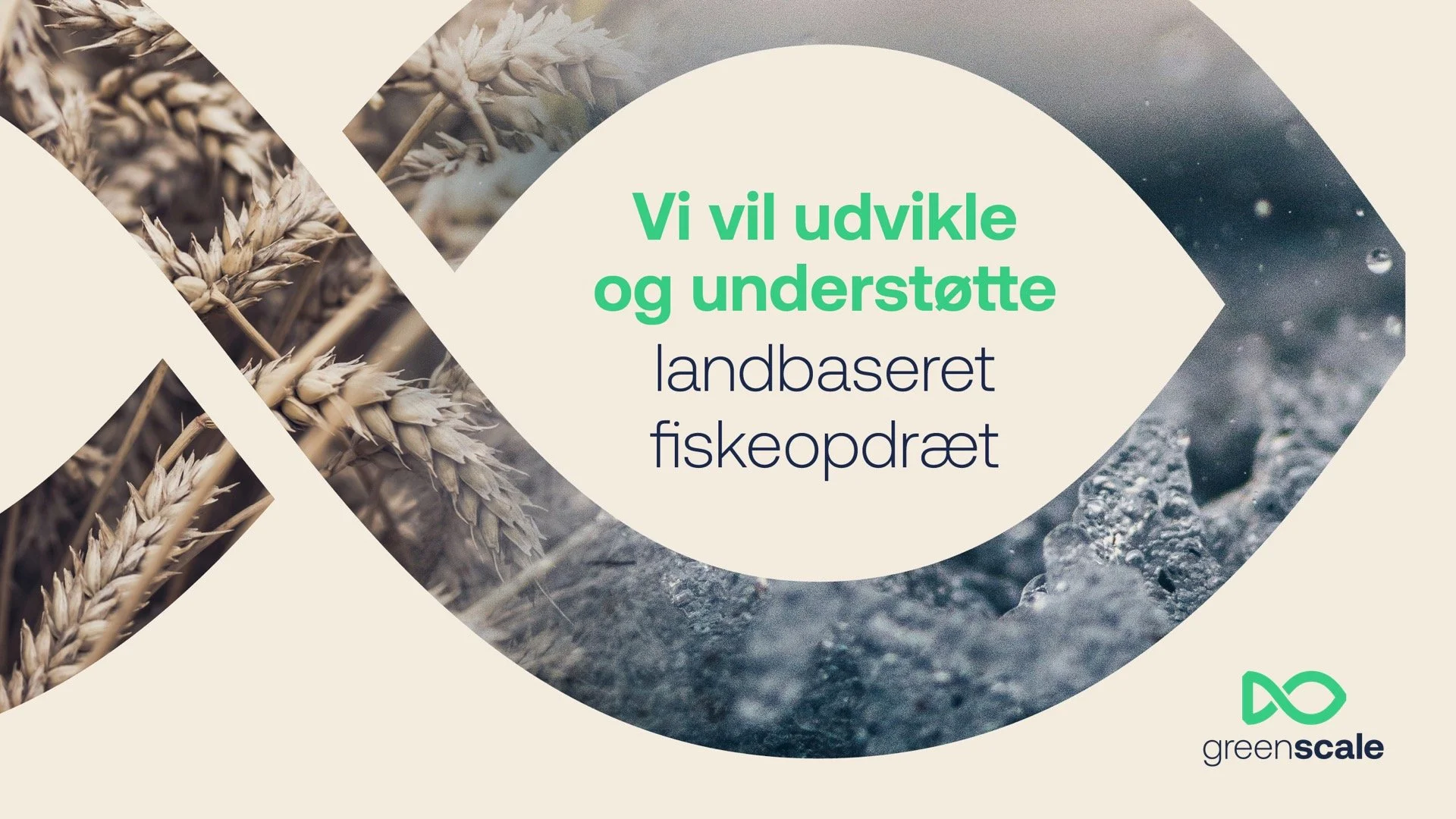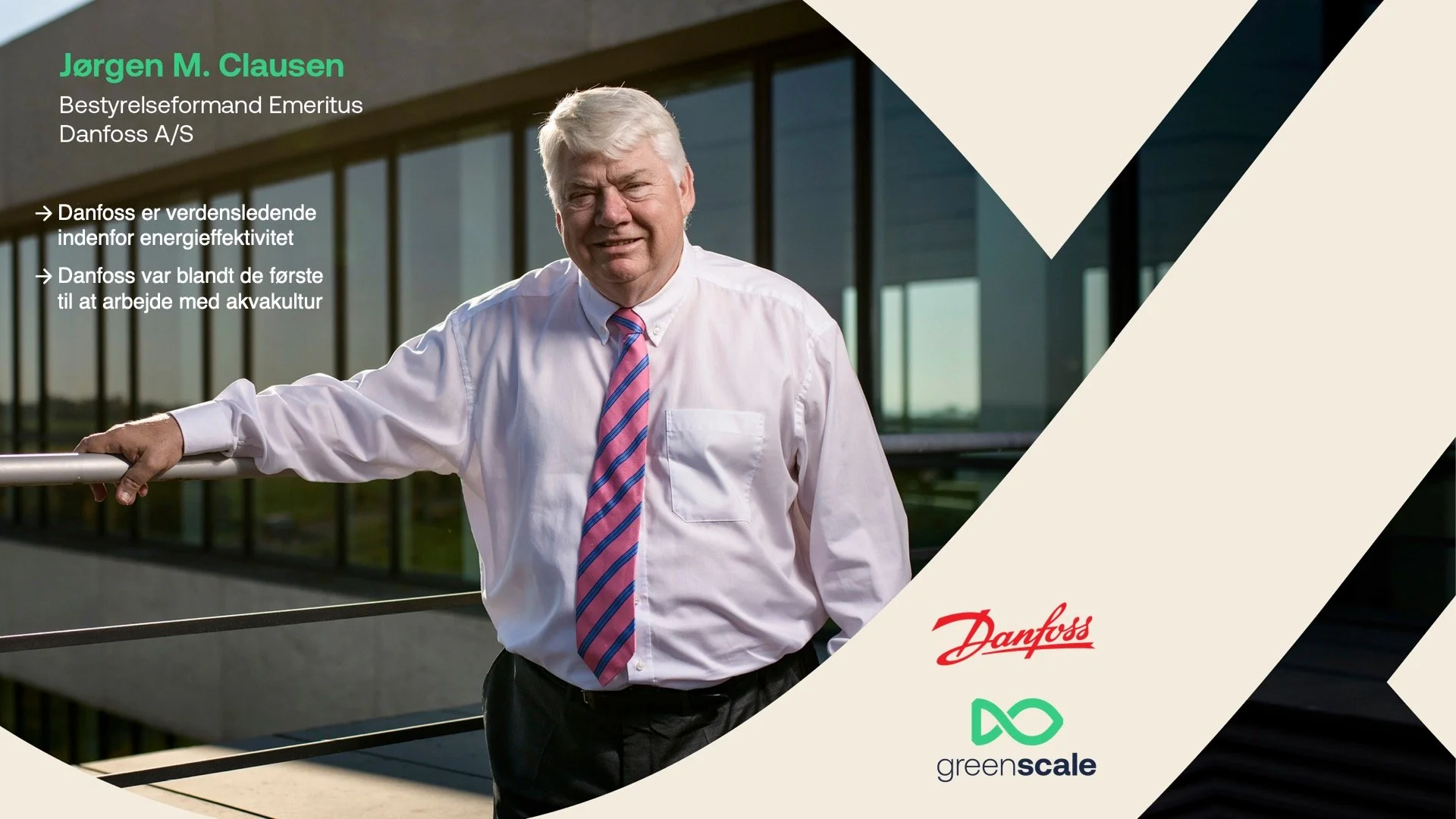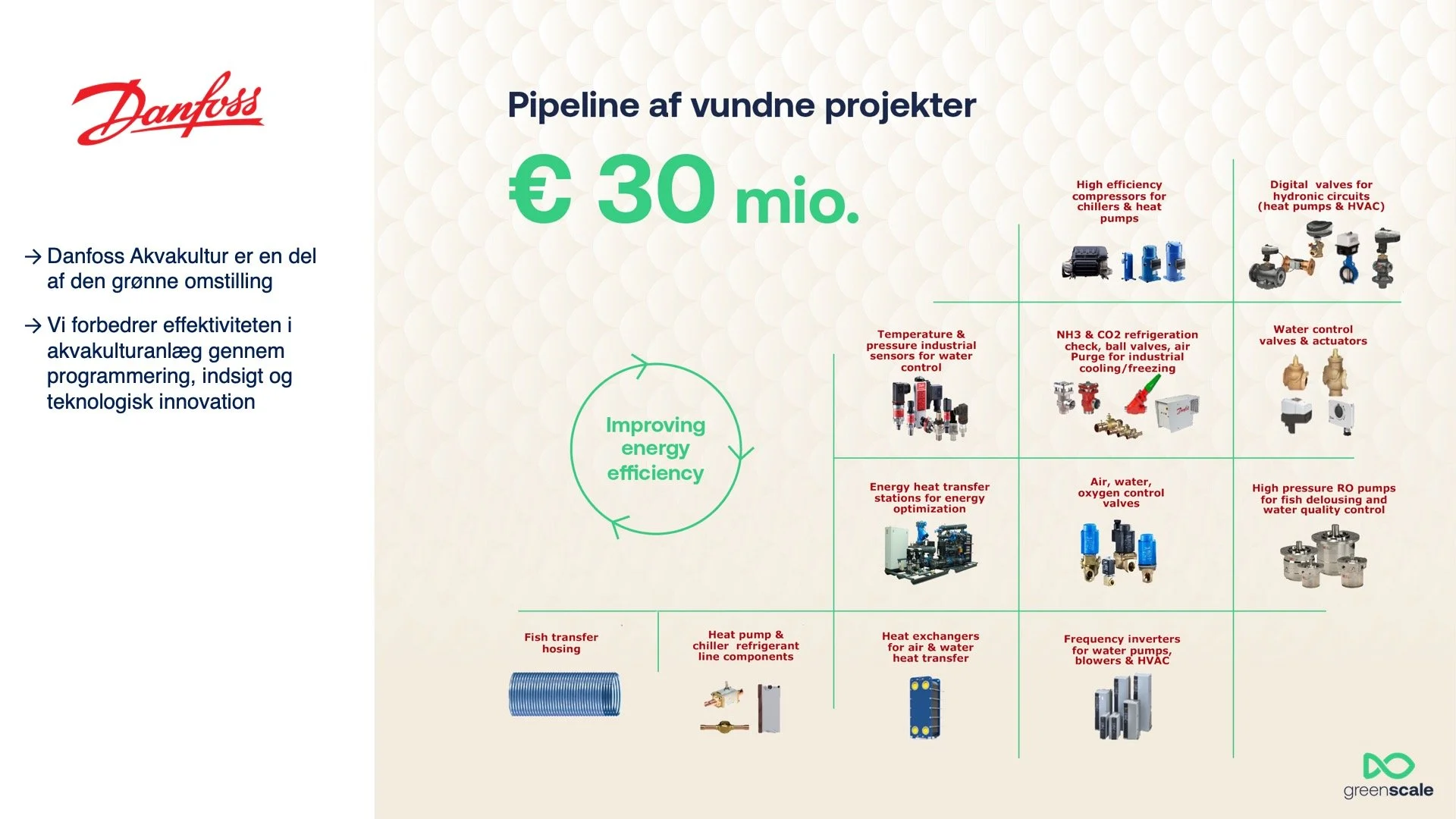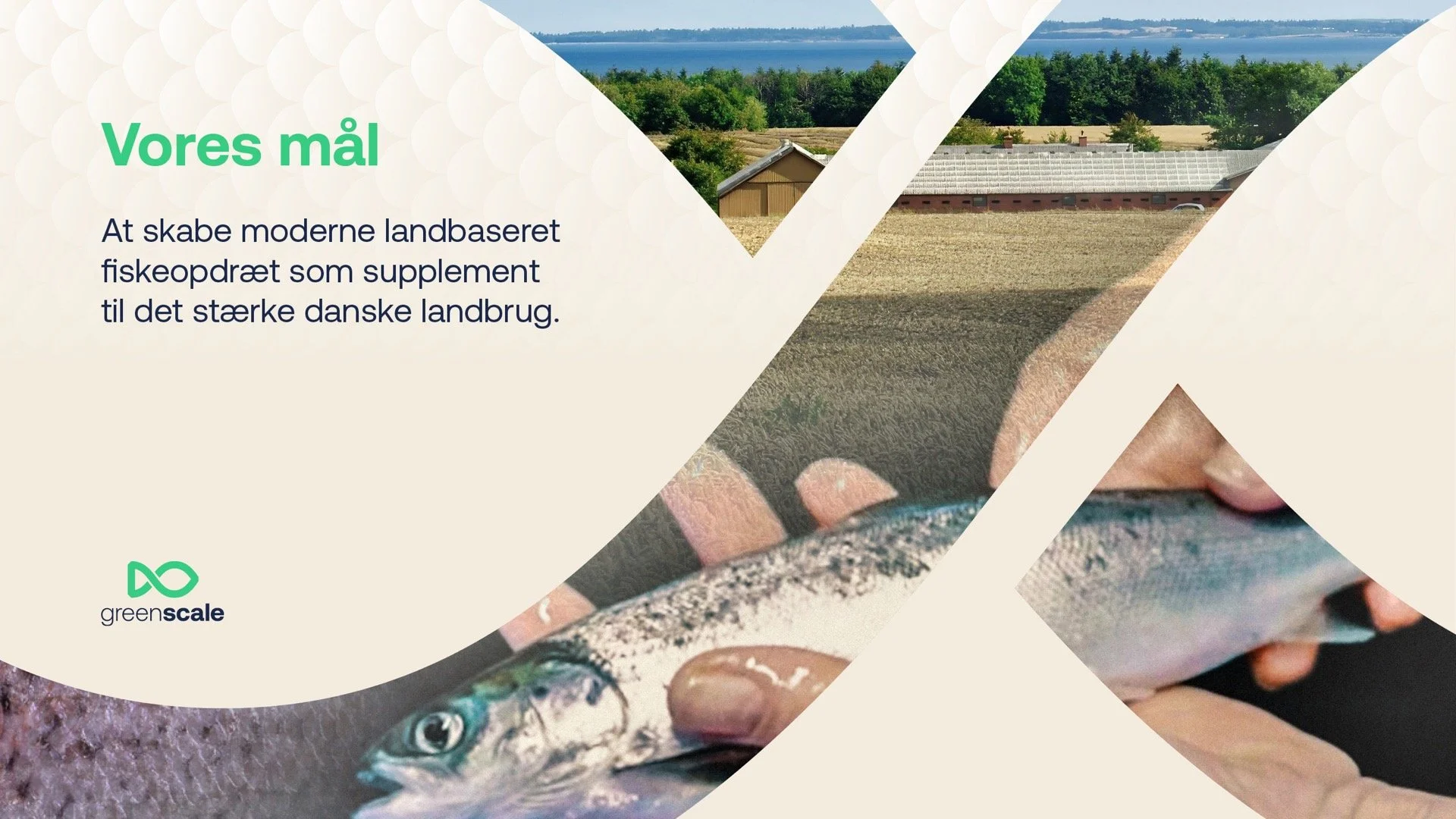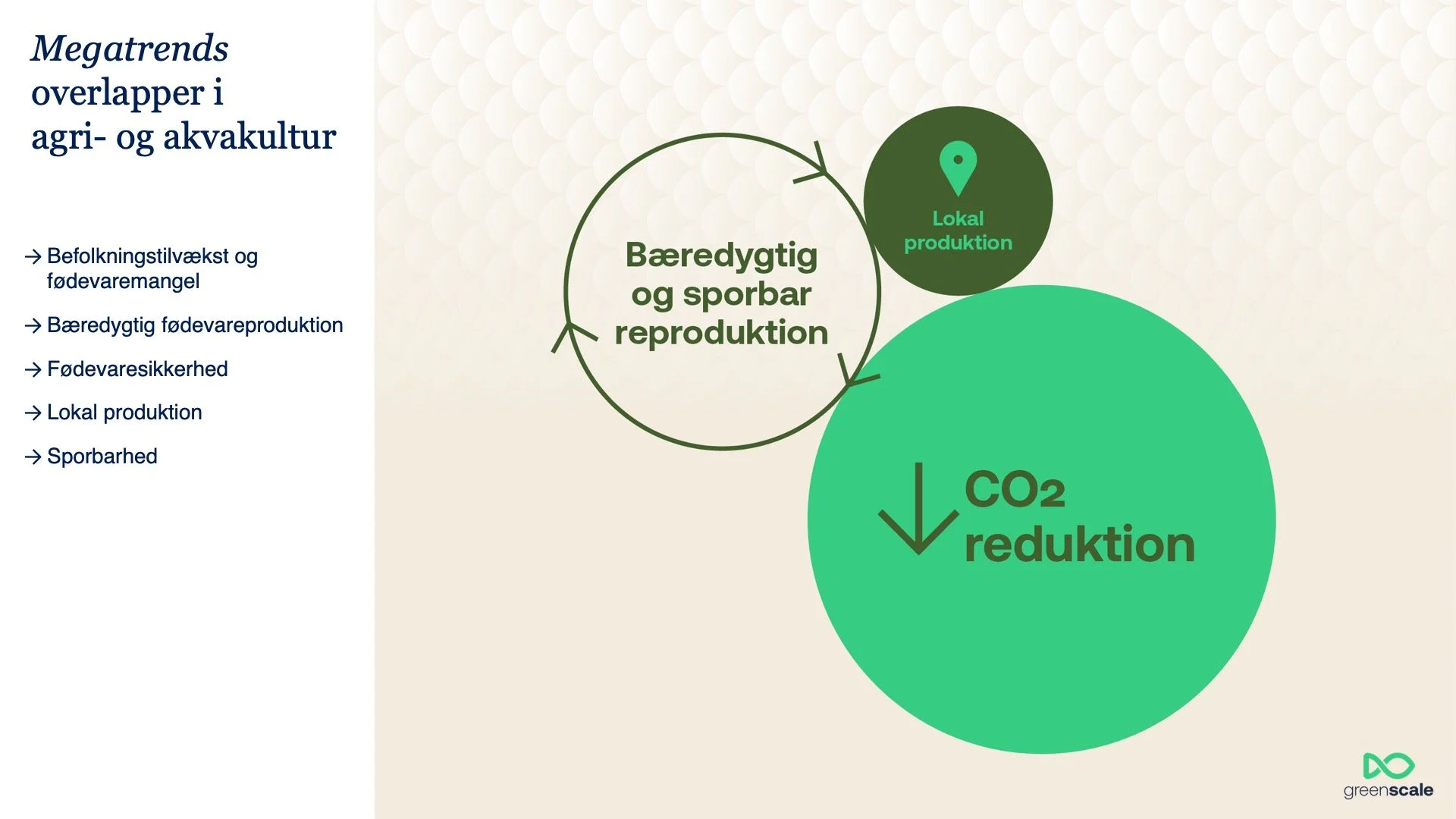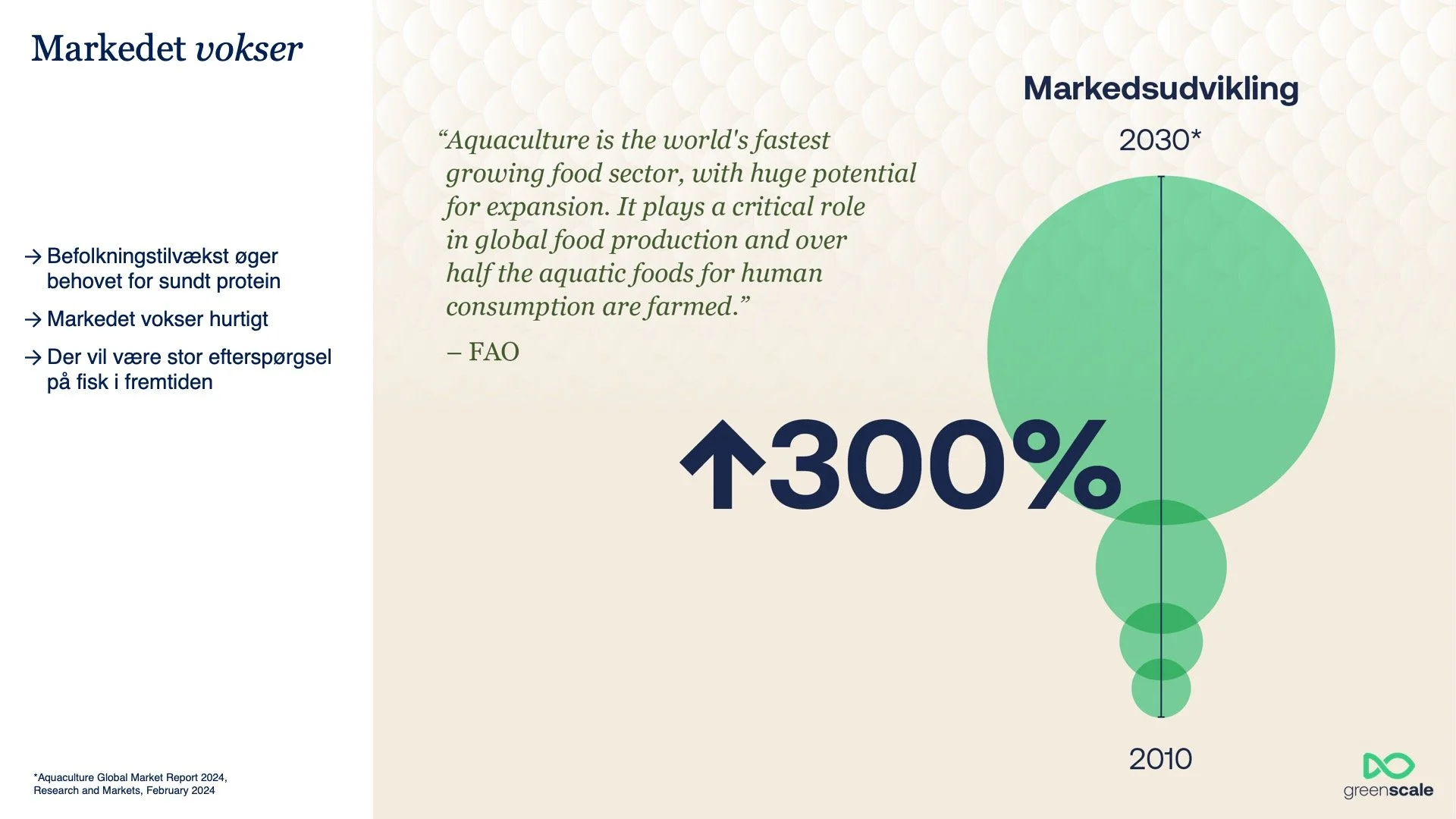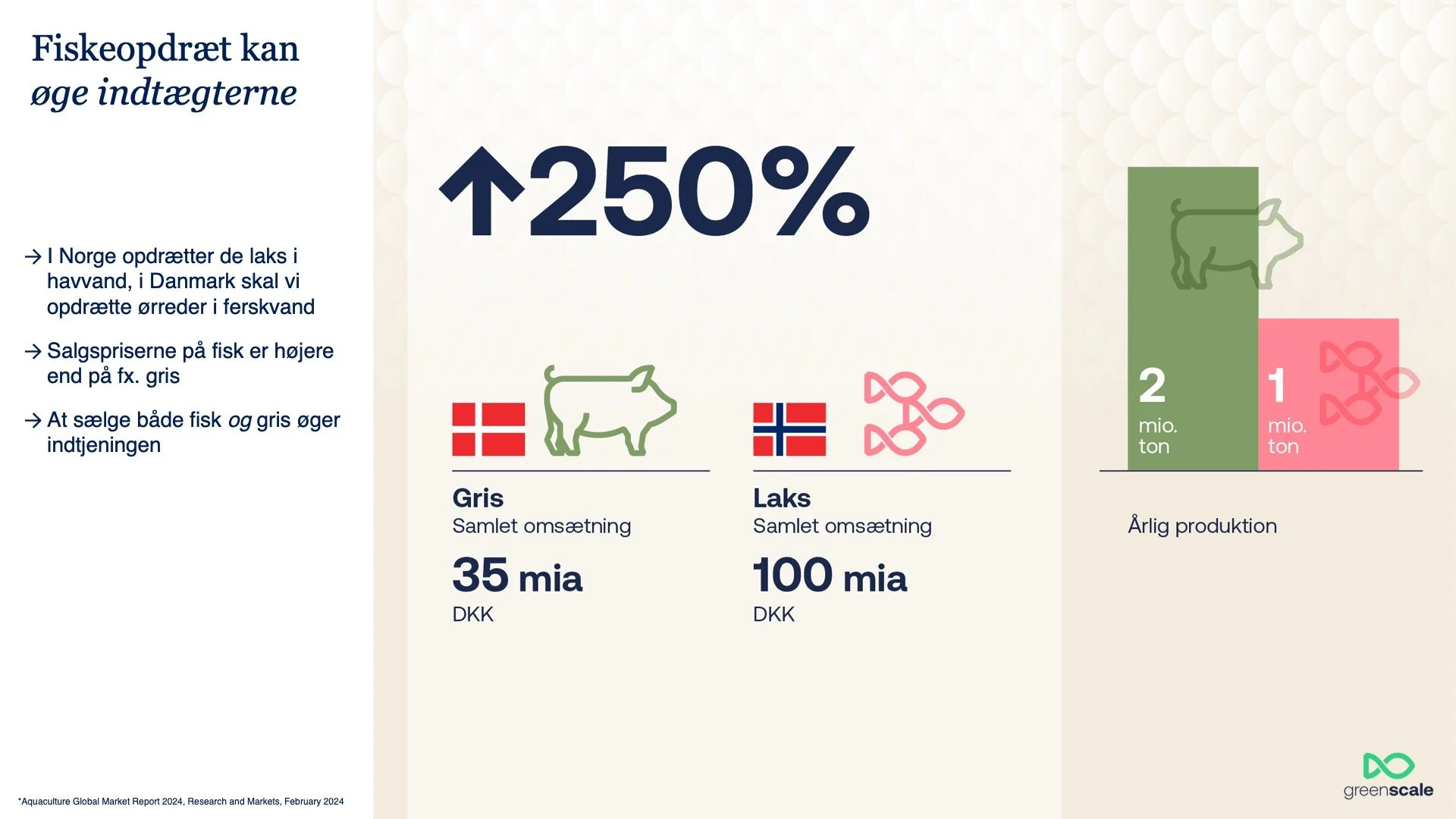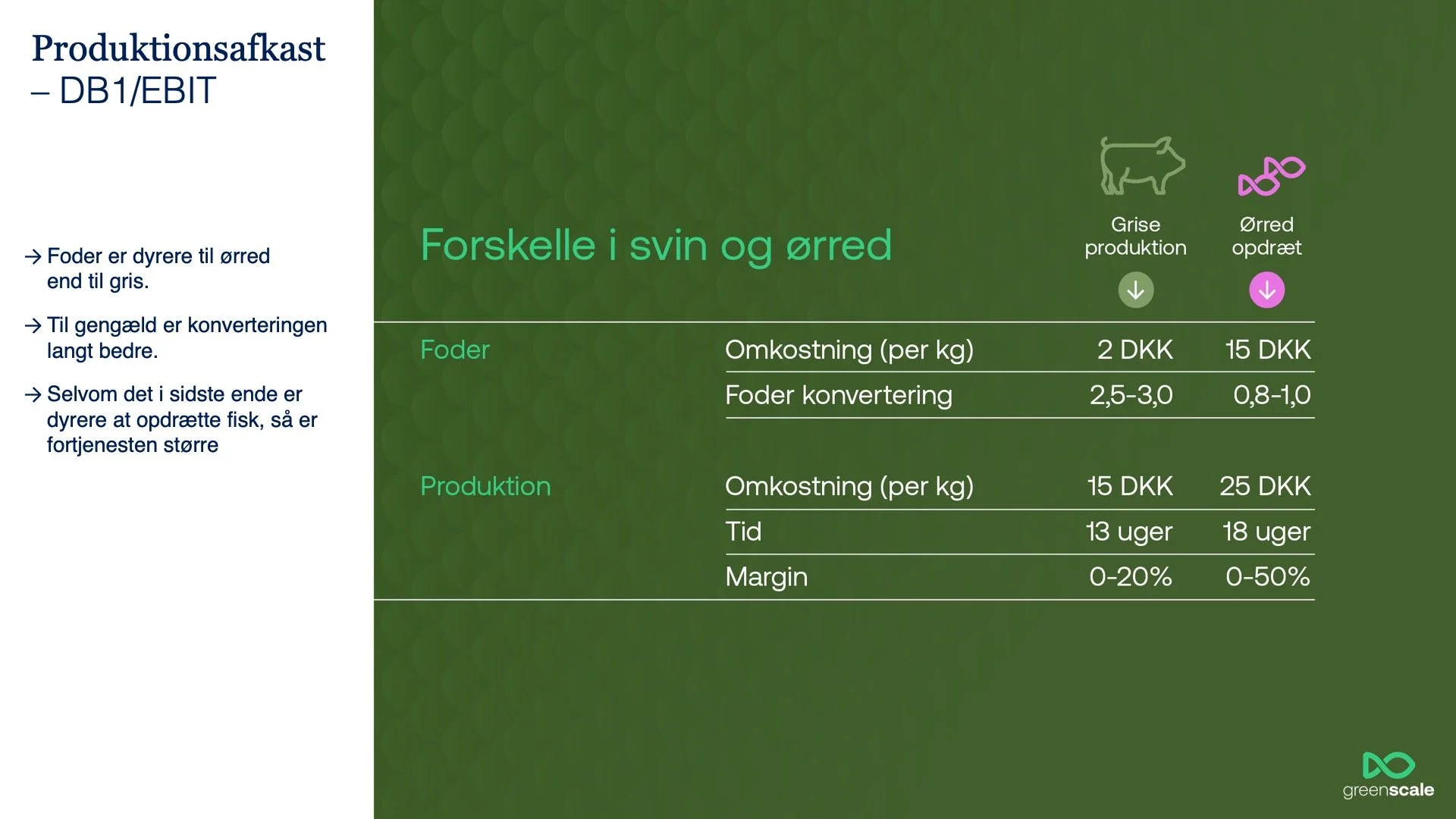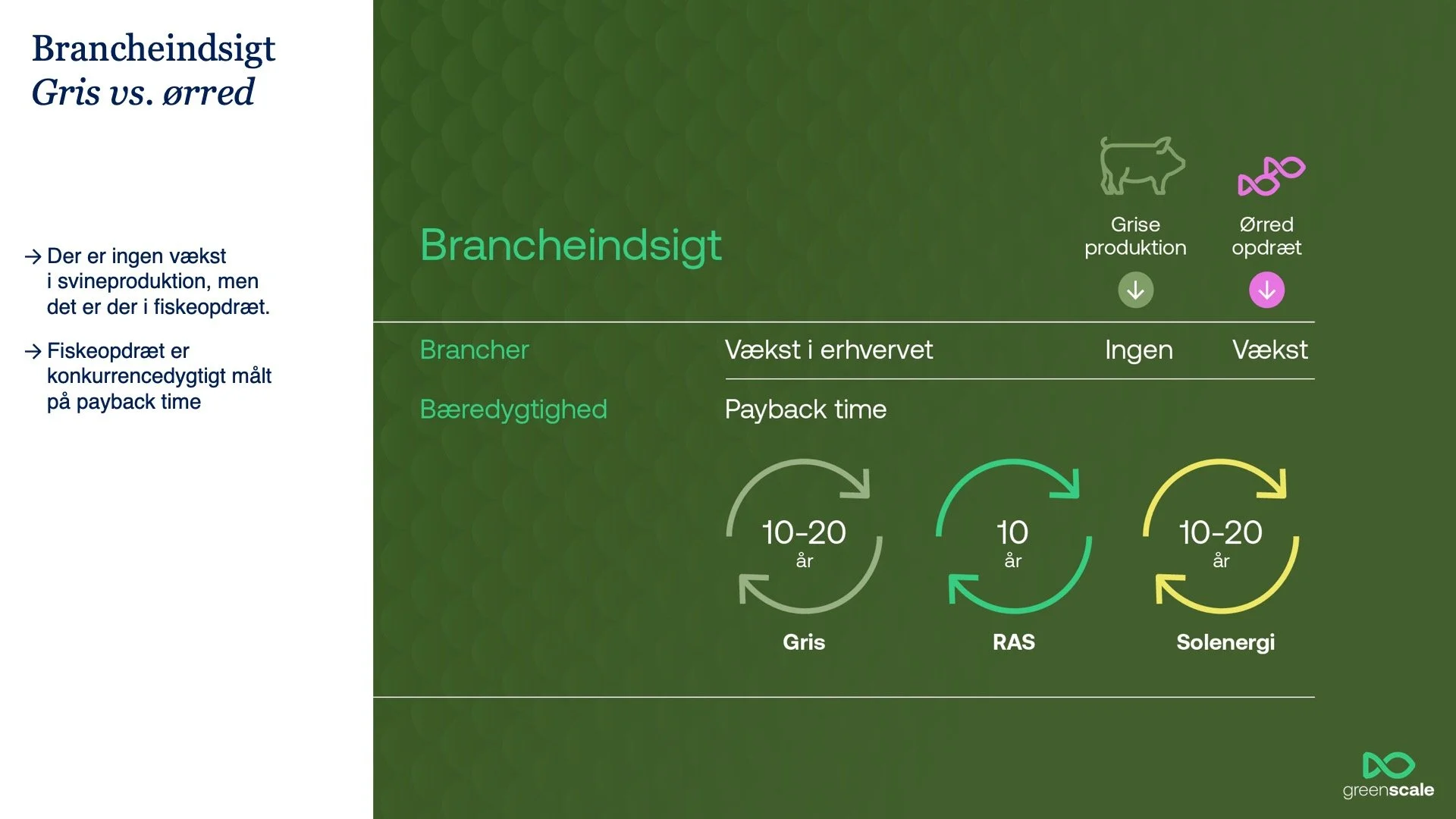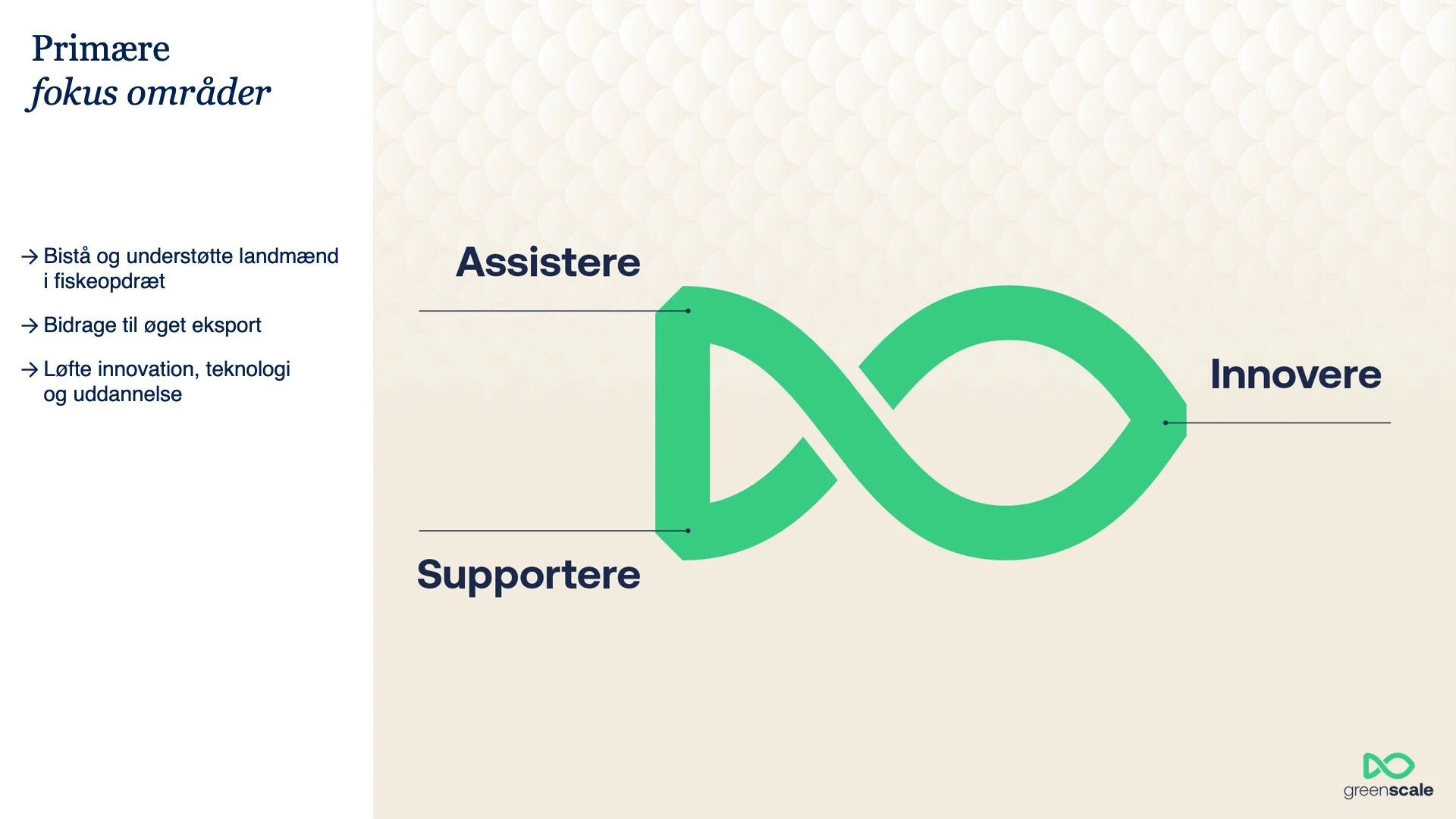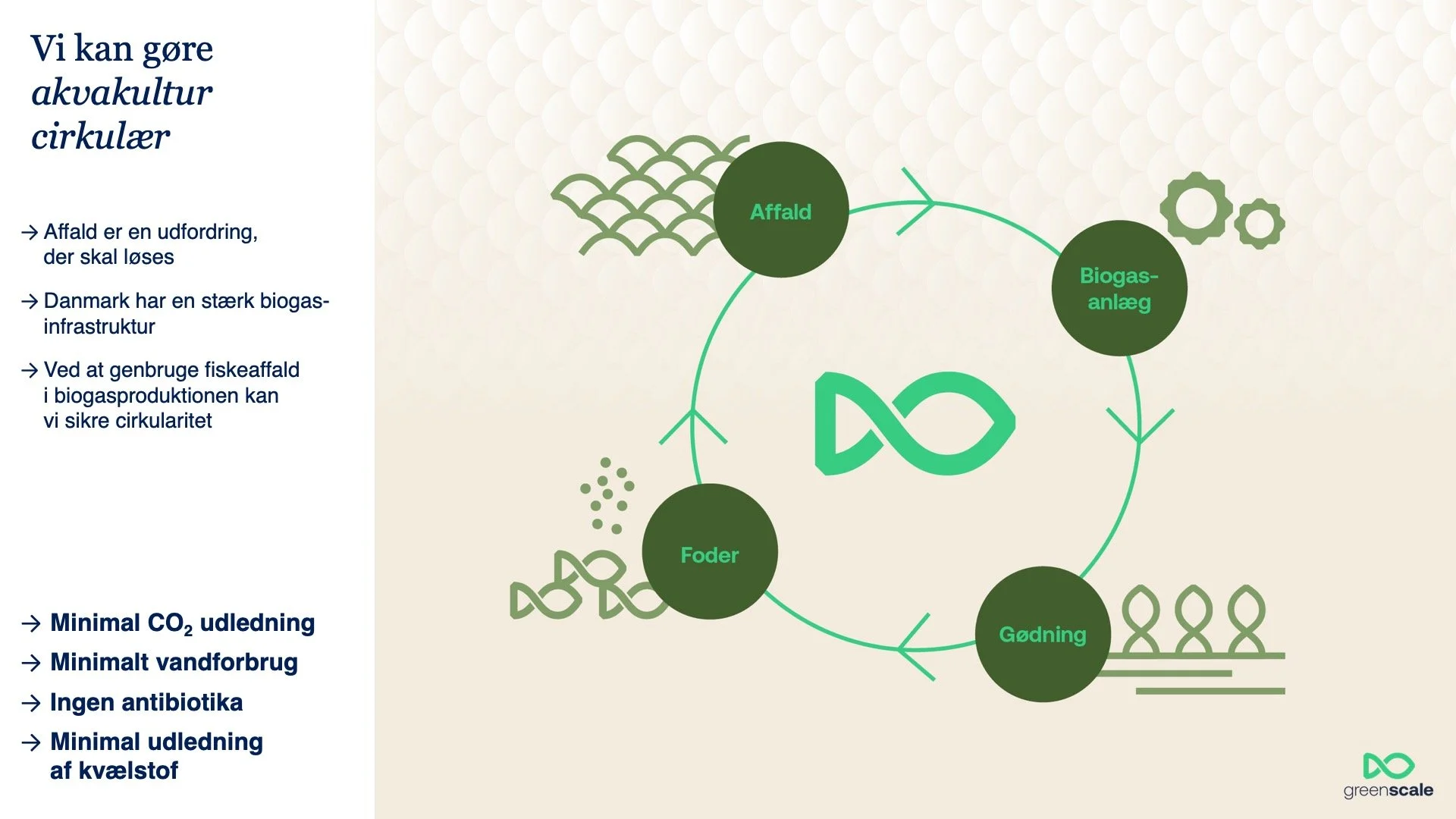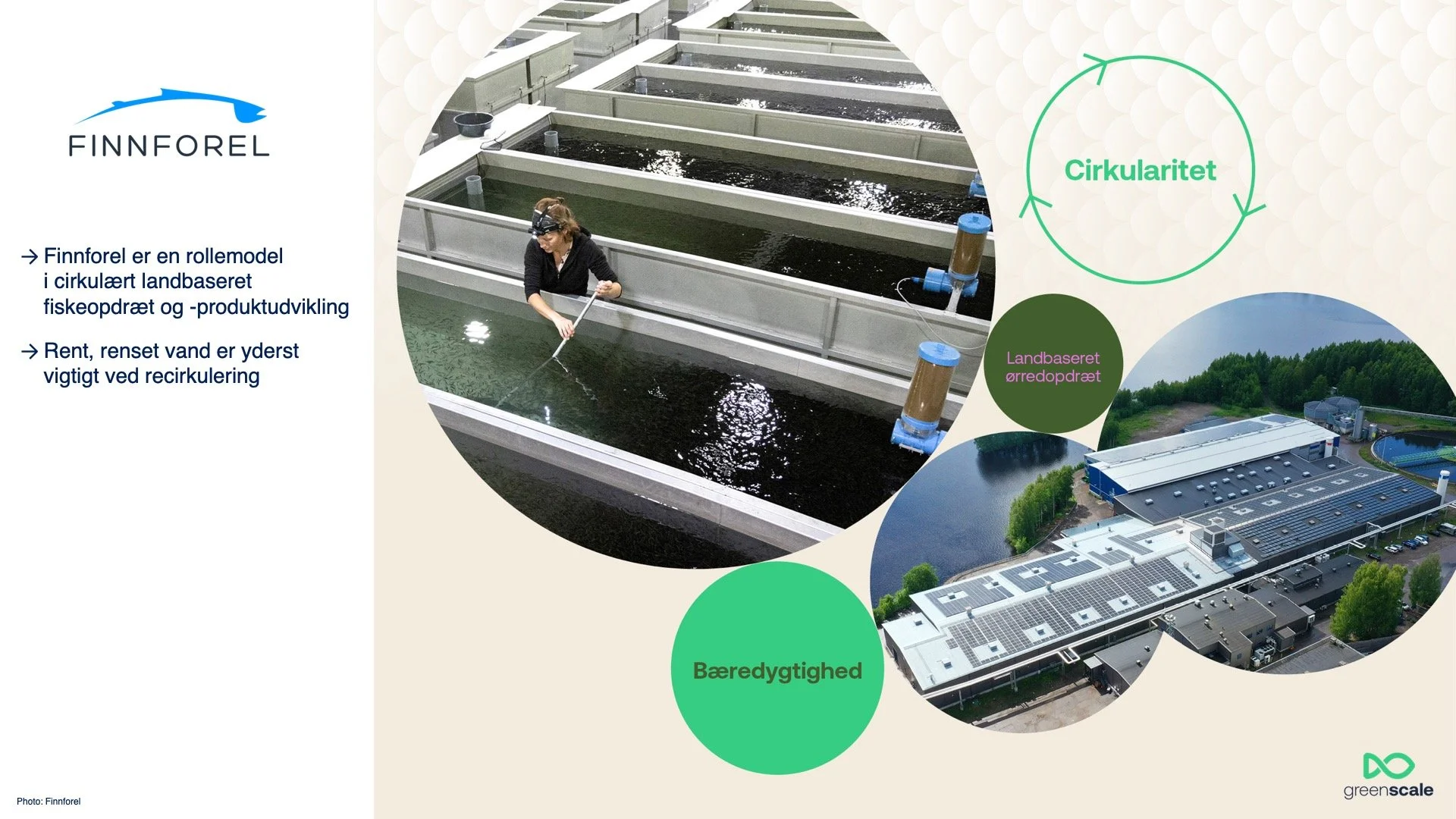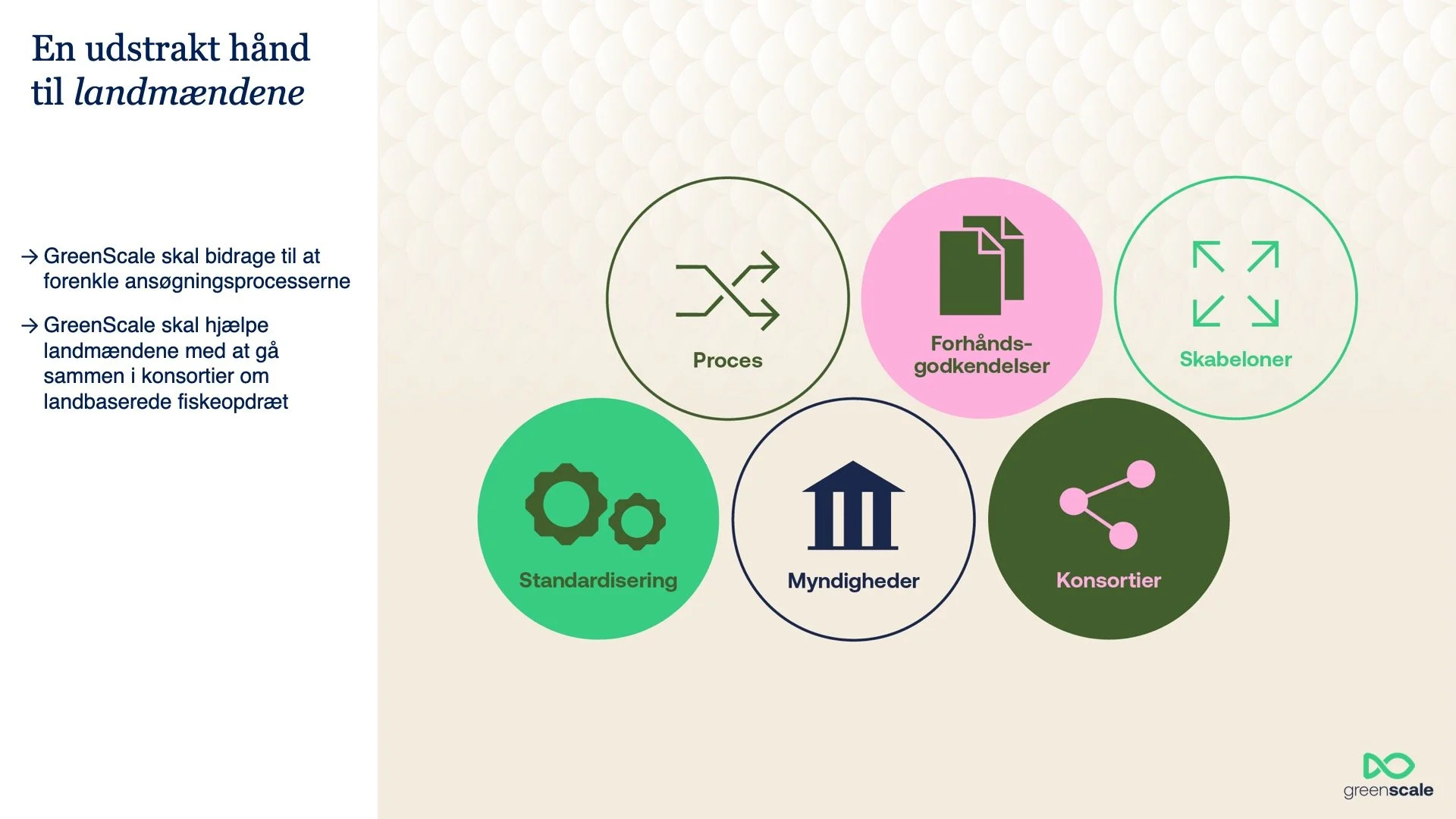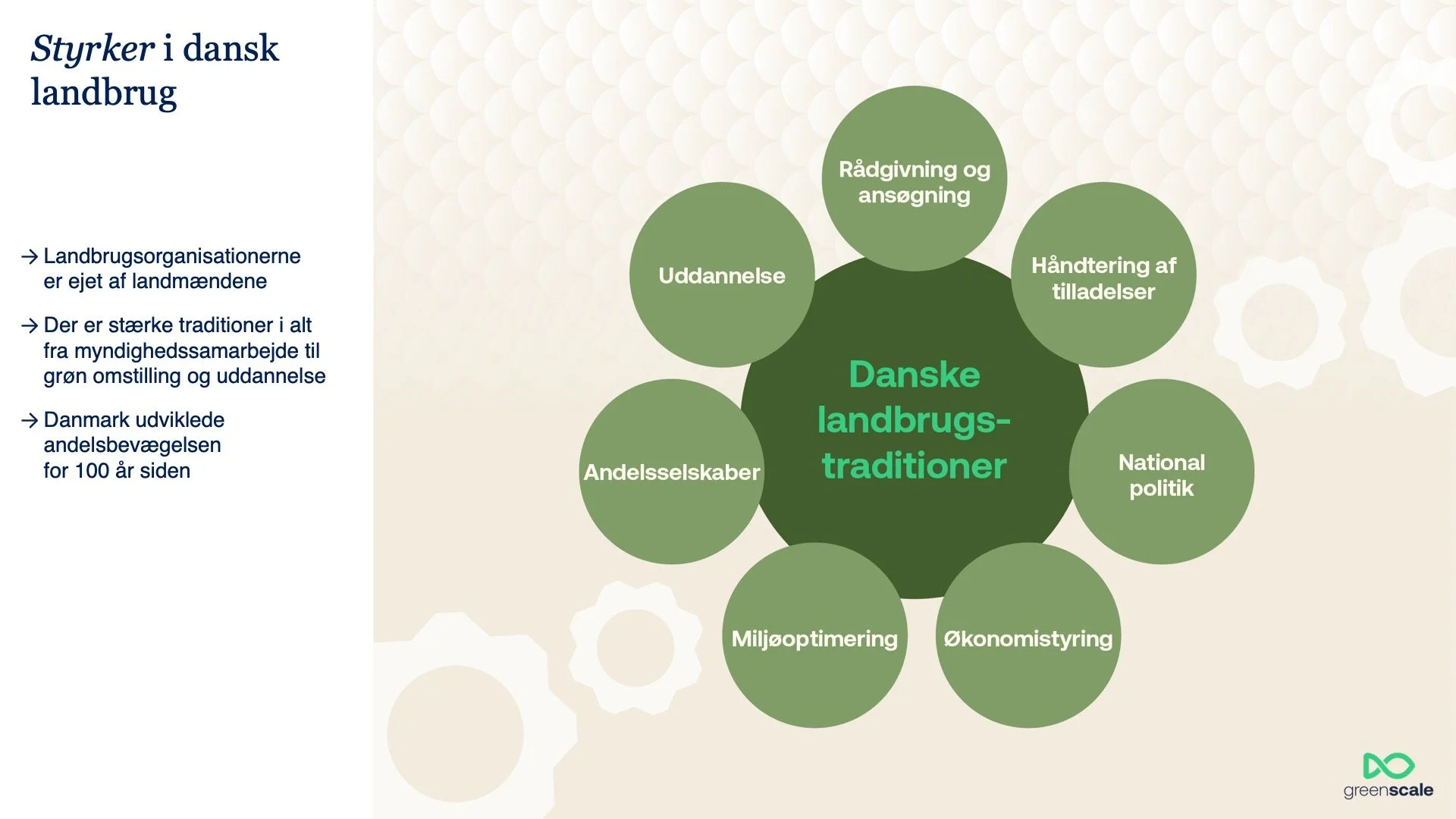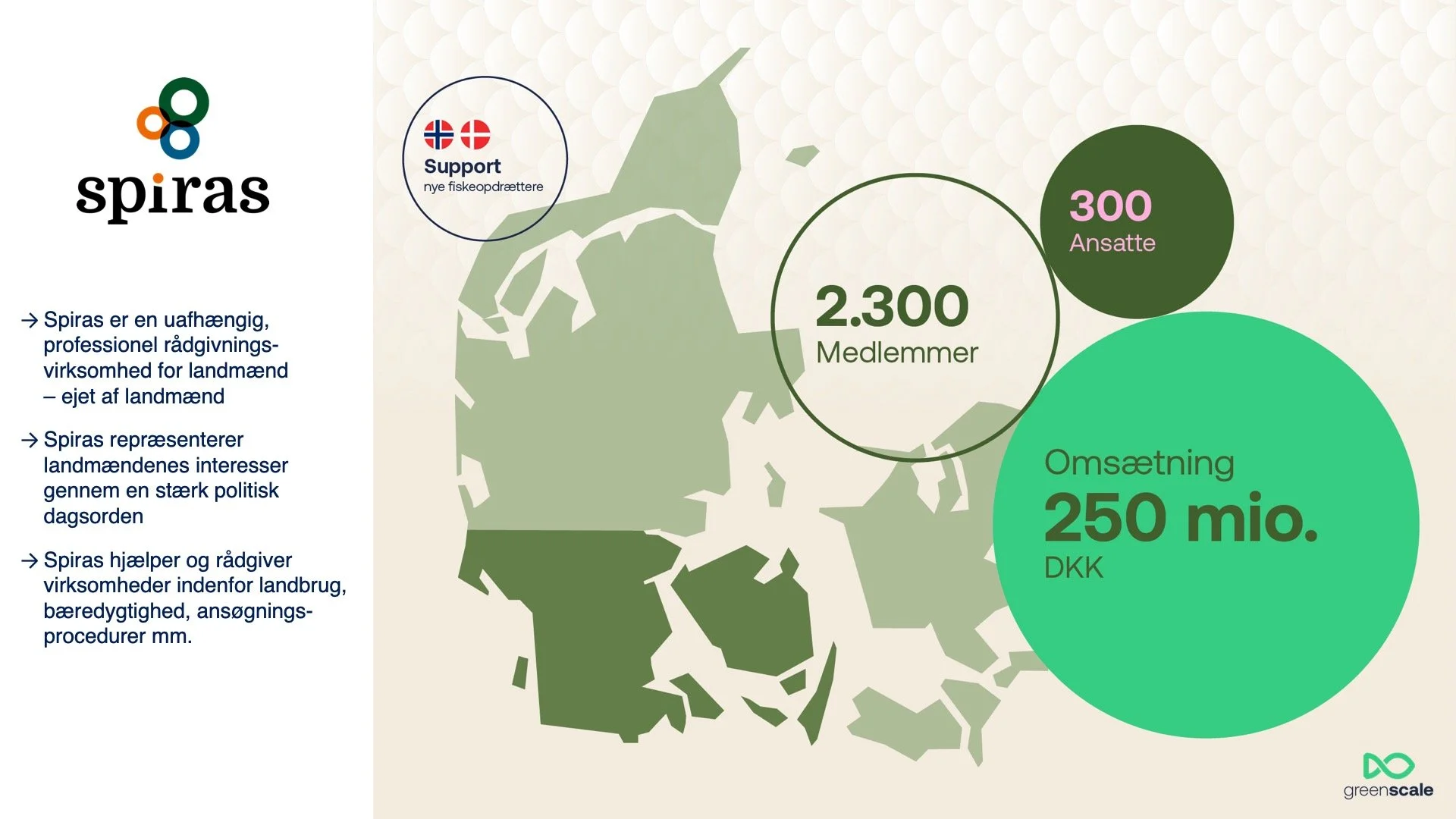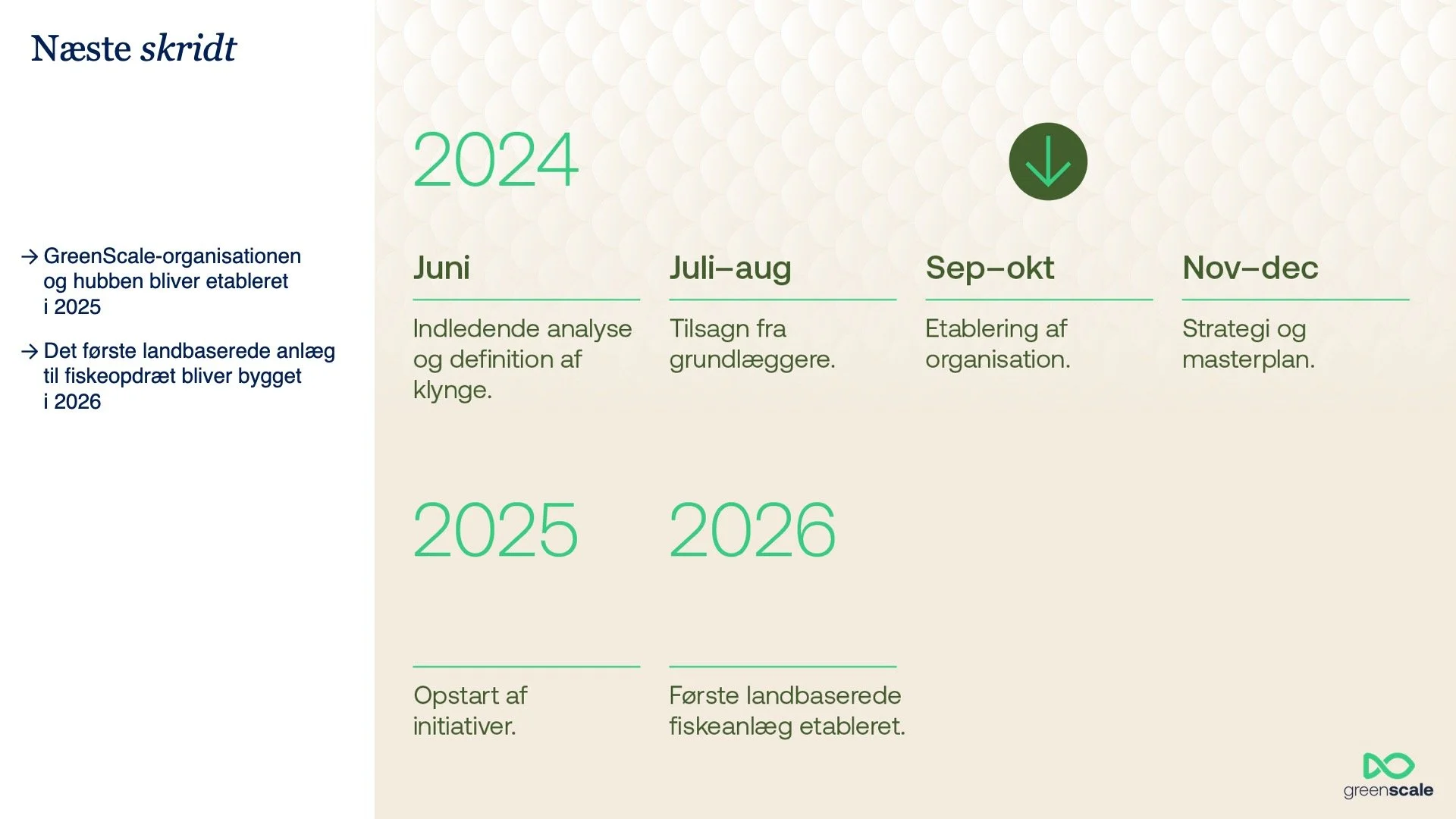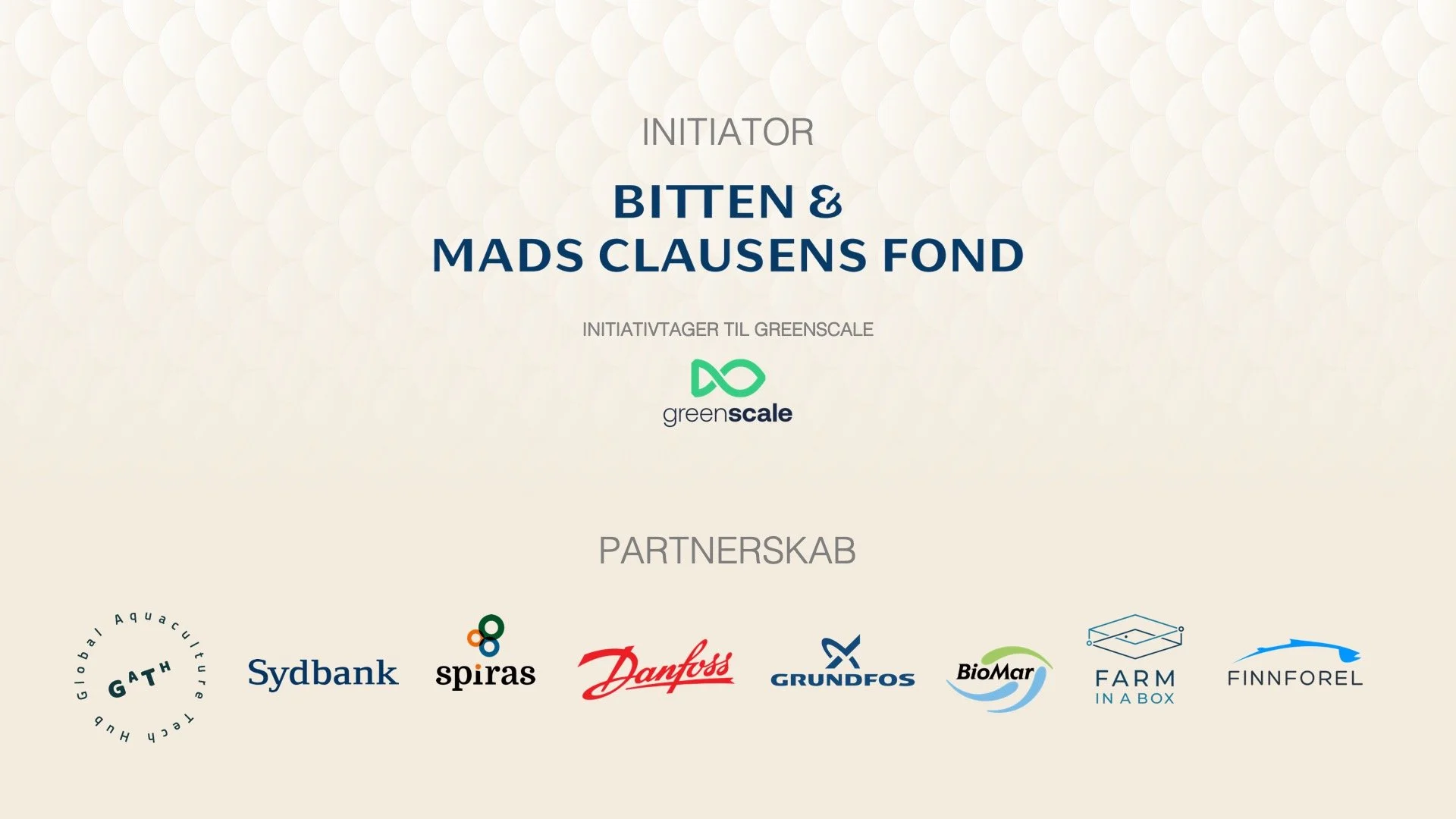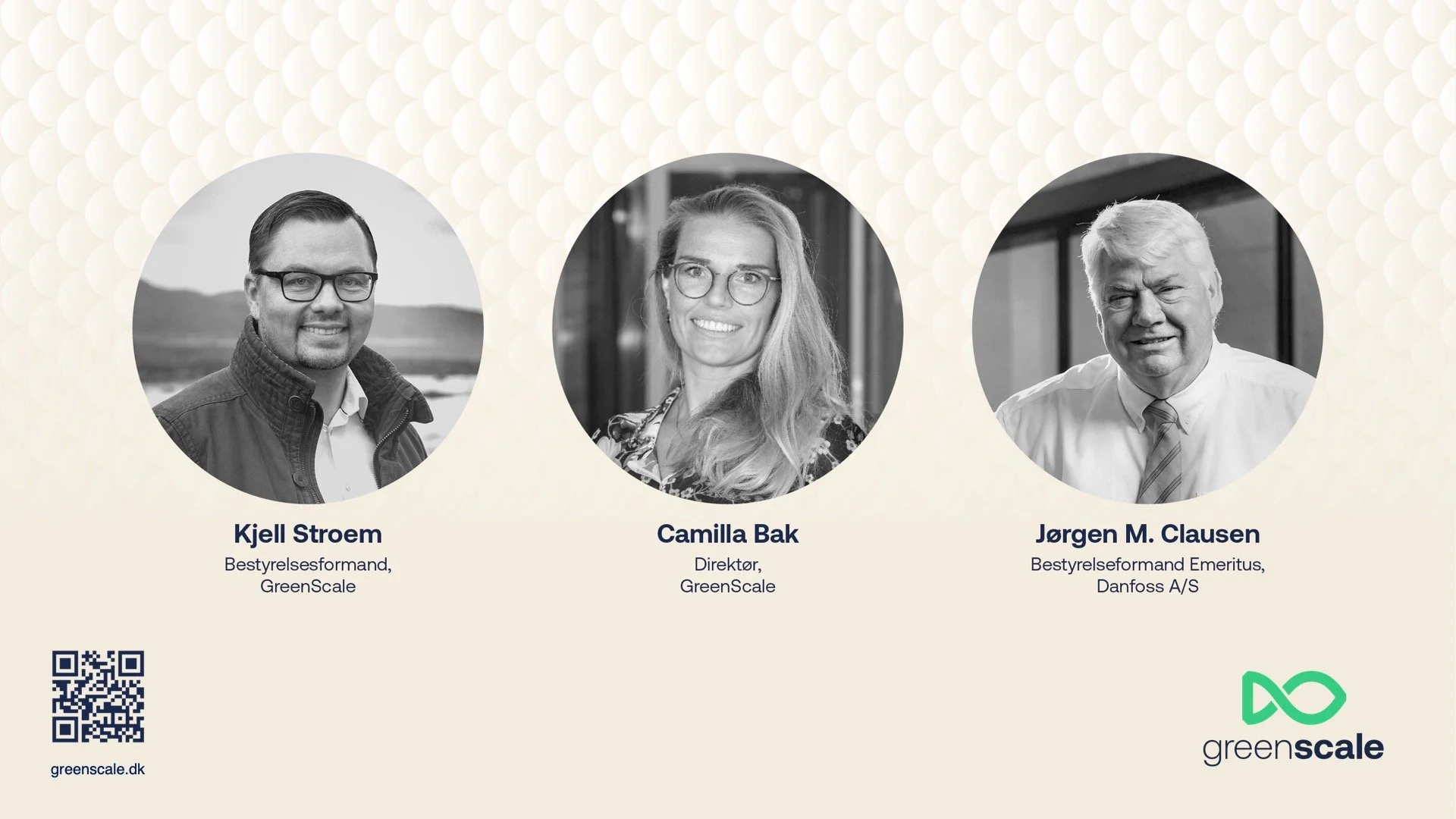Executive Meeting at the Development Council of Southern Jutland
2024
Aabenraa, Denmark
New business areas in agriculture aquaculture: Agriculture as a supplier of sustainable fish and proteins.
Presentation by Jørgen M. Clausen, Chairman Emeritus, Danfoss A/S
Press:
Southern Jutland leadership meeting offered clear perspectives on the future of agriculture
UdviklingsRåd Sønderjylland
October 29th, 2024
Agriculture is facing a future of significant changes. New business areas are constantly evolving, often based on by-products and residuals from current agricultural production. This development is moving rapidly, especially in Southern Jutland, where agriculture and its many associated industries play a major and significant role.
To address these changes, the Southern Jutland Development Council focused on the Future of Agriculture at a major leadership meeting on Thursday, October 24, 2024, held at Sydbank in Aabenraa. Here, 80 top executives gathered to hear from investors and agricultural representatives on some of the future transformations and solutions.
Chairman of Agriculture provided insight on the future
Søren Søndergaard, Chairman of Agriculture & Food, presented the industry’s perspective on the future of agriculture and the ongoing changes. A key focus was how one hectare of agricultural land can serve multiple purposes simultaneously, ensuring a balanced approach to food production, environmental sustainability, forestry, nature, and biodiversity.
Biochar on its way to becoming a new business area
Anders Andersen, Head of Development and Energy at Spiras, along with Spiras board member and co-owner of Dynagro, Martin Lambert Pedersen, provided insight into Southern Jutland’s efforts to turn pyrolysis and biochar into a new business sector. The project has received funding through GESEK for initial development work, and discussions with potential investors are already underway.
Fish farming to ensure higher profits and lower nitrogen emissions
Danfoss A/S Chairman Emeritus Jørgen Mads Clausen presented his vision for agriculture as a supplier of sustainable fish and proteins. Clausen noted that while fish production is more expensive than pork, it yields higher profits. Additionally, aquaculture can become more circular by collaborating with local biogas plants, which could reduce CO₂ and nitrogen emissions and ensure minimal water usage. The development work on land-based fish farming is being driven by GreenScale.dk.
Novo Nordisk Foundation outlined future solutions
Claus Felby, Professor and Senior Vice President of Biotech at the Novo Nordisk Foundation, shared the foundation's vision of a high-tech, efficient agricultural sector. Over the next decade, Novo Nordisk Foundation plans to invest 10 billion DKK to support the green transition, with funds aimed at creating frameworks for modern, sustainable agriculture.
Felby presented several development projects that could greatly impact the future of agriculture. These include efforts to develop new crop varieties, such as wheat with reduced nitrogen uptake, which could yield as much or more than current varieties. Studies on prehistoric DNA could also be used to develop climate-resilient crops, and milk proteins produced without cows might be one of the solutions of the future.
Sydbank Regional Director Brian Skov Nielsen provided insight into Sydbank's perspective on the future of agriculture, including thoughts on economic development and potential changes in future ownership structures.
Read this piece on: UdviklingsRåd Sønderjylland


